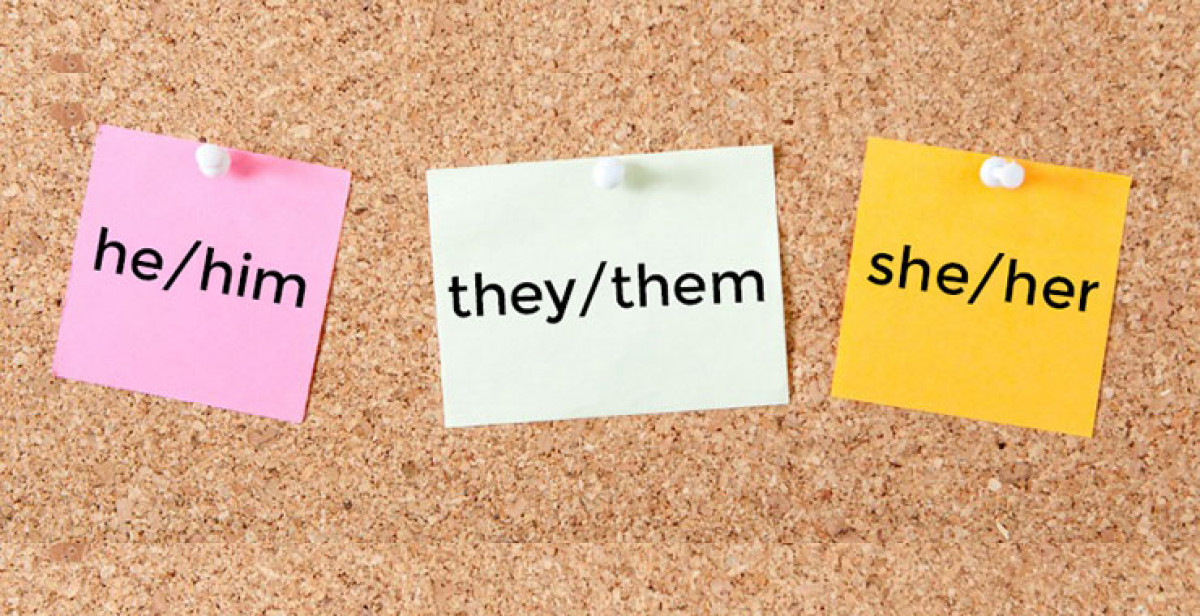He/she/They/Them... Gender Pronouns and being politically correct in 2021


Audio By Vocalize
Sam Smith later stated that they "felt just as much a woman as I do a man" and refused to be labeled as "he," "him," or "she," "her" in binary gender pronouns.
Closer home, the whole discussion around the gender-neutral pronouns was brought to the fore after entrepreneur Michelle Ntalami went public, announcing her break from 'their' lover.
In a long-worded, three-piece statement on Instagram, Ntalami reffered to their now ex-lover by their pronouns 'them' before regaling her followers with the tale of their nasty break-up.
The debate over gender pronouns is a long and arduous one, and I'm no expert.
However, just as Rome was not built in a day, here is a head start to ensure that you build your Rome pronoun by pronoun.
Knowing how to refer to gender non-binary/genderqueer people correctly can be difficult, given that people rarely ask others for their pronouns and only do so when they are visibly transgender or gender nonconforming.
However, if you don't ask, you run the risk of making incorrect assumptions and misgendering people.
That is sacrilegious in 2021.
Proper use of gender identity terms, including pronouns, is essential for signaling courtesy and acceptance, as well as respecting and referring to them in a consistent and true to who they are manner.
Gender non-binary people, according to them, express what they're feeling on the inside, not entirely like a "she," not entirely like a "he," but somewhere in the middle. Hence, gendequeer.
And while it may sound complex, and confusing, there are countless arguments for the gender-neutral pronouns and why you should use them.
First, to the most basic, it is normal in the English language to use they/them pronouns when we don’t know the gender of the person to which we’re referring, or if we want our sentence to be applicable to all genders.
There have been claims that using the gender-neutral third pronoun could reduce discrimination and bias, particularly in cases where people have been denied jobs based on their gender.
And so on and so forth.
Interestingly, "They/them" aren't the only gender-neutral pronouns.
"Xe/xem," "ze/zim," and "sie/hir" are some of the other gender-neutral pronouns that are gaining popularity. They're utilized to identify persons who don't fit into one of the two categories.
Usage in speech
The manner you use gender-neutral pronouns in a phrase is entirely up to you, but there does appear to be some established patterns.
Treating the singular 'they' as if it were plural is a simple start.
You could say something like, "They are going to the market," or "They will be having a sherehe tonight,"
If you wish to use an honorific, such as "Sir/Madam," "Mr./Ms.," or "Mr./Ms.," a popular one that has evolved is "Mx," which removes any form of gender assumption from the word.


Leave a Comment